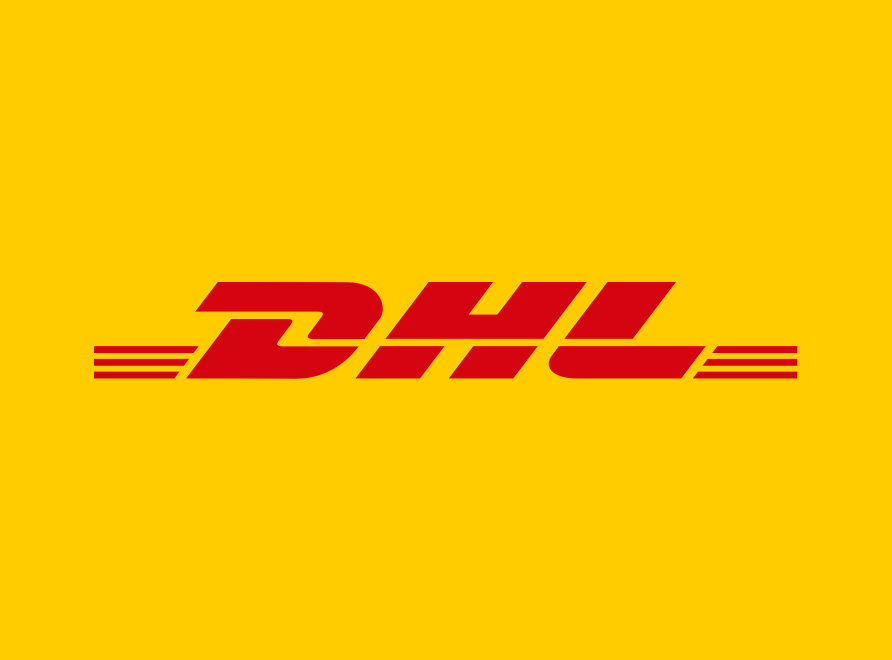07/11/2020
07/11/2020
KUWAIT CITY, Nov 7: A number of Gulf and Arab businesspersons and company directors were shocked to know that a company specialized in courier, parcel, and express mail services spied on the documents that were sent through it and seized them at a time when the constitutions and the laws in the Gulf region protect this type of mailings, reports Al-Seyassah daily.

Such behavior has raised suspicions about what might happen to the documents sent through that company, let alone the huge losses that it could spark, especially with the so-called commercial espionage, and the possibility of leaking documents to competing parties, or destroying them.
According to reliable sources, the German company, DHL, which operates its services in the Gulf Cooperation Council and the Arab world and is subject it to the constitutions and laws of these countries, had seized the documents of a company owned by a famous Arab businessman in the GCC countries, including the cheques of its employees’ salaries, license renewal papers, and various documents sent from one Gulf country to another.
Justifying its behavior, DHL invoked article No. 4 of the Universal Postal Convention, which allows the courier company to examine the documents and even photocopy them and send them to their own authorities (i.e. to DHL), as well as to see company secrets, all of which is criminalized by laws.
In this regard, legal sources said, “The article in question of the Universal Postal Convention prohibits the confiscation and disclosure of the content of postal messages”.
The sources explained, “The aforementioned article states the following:
1. The principle of the freedom of transit is set forth in article 1 of the Constitution. It shall carry with it the obligation for each member country to ensure that its designated operators forward, always by the quickest routes and the most secure means which they use for their own items, closed mails and à découvert letter-post items which are passed to them by another designated operator. This principle shall also apply to missent items and misrouted mails.
2. Member countries that do not participate in the exchange of postal items containing infectious substances or radioactive substances shall have the option of not admitting these items in transit à découvert through their territory. The same shall also apply to printed papers, periodicals, magazines, small packets and "M" bags. the content of which does not satisfy the legal requirements governing the conditions of their publication or circulation in the country crossed.
3. Freedom of transit for parcels shall be guaranteed throughout the territory of the union.
4. If a member country fails to observe the provisions related to freedom of transit, other member countries may discontinue their provision of postal services with that member country.
While the company, as a German company, claims to implement the European Union sanctions and laws against companies and businesspersons, it forgets and disregards the basis of its work within territories outside the European Union and under the roof of the laws of the Arab Gulf states, which guarantee the right of confidentiality in this regard.
In the context, Rakesh Bogari, Director of Customer Service at DHL, said, “The company implements United Nations regulations, and the competent authority of the international organization is the one that confiscates correspondence and shipments”.
It is worth mentioning that the party affected by the extraordinary procedure has initiated judicial procedures to demand compensation for the incurred financial and moral damages.


